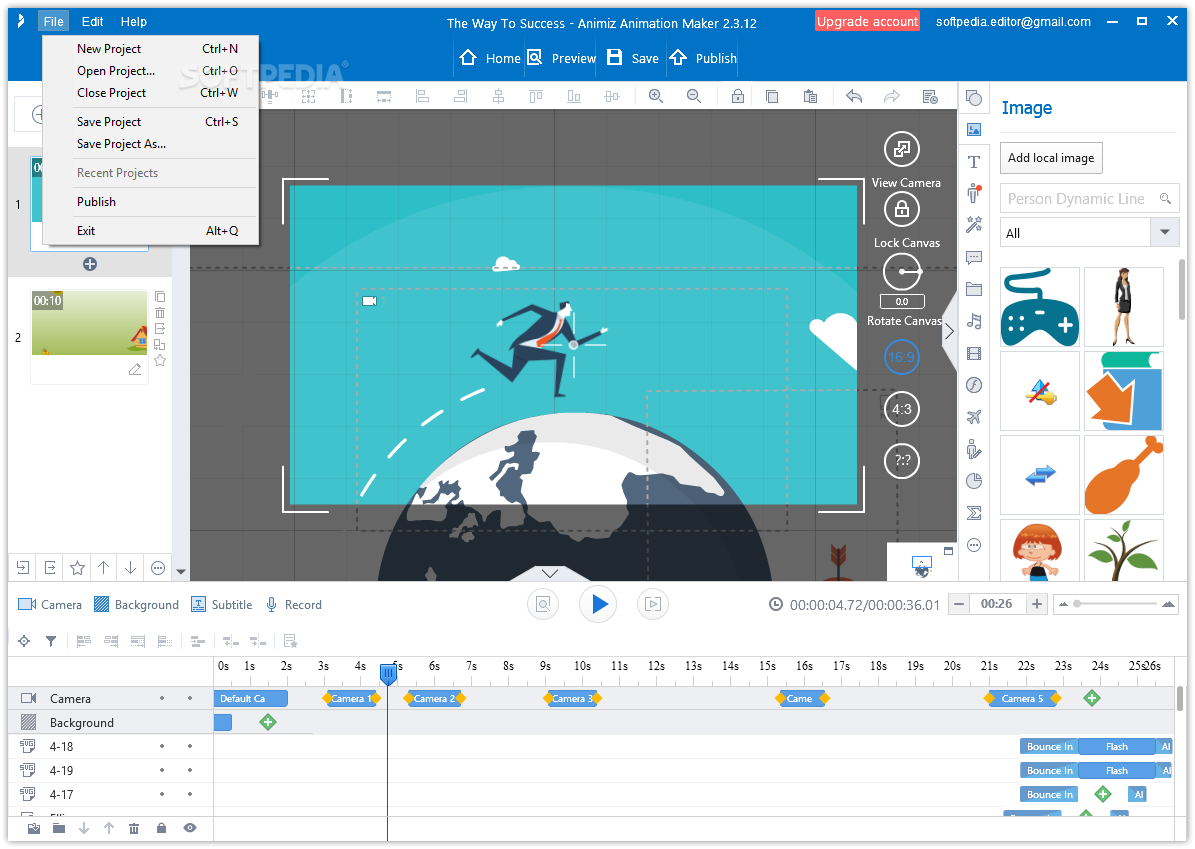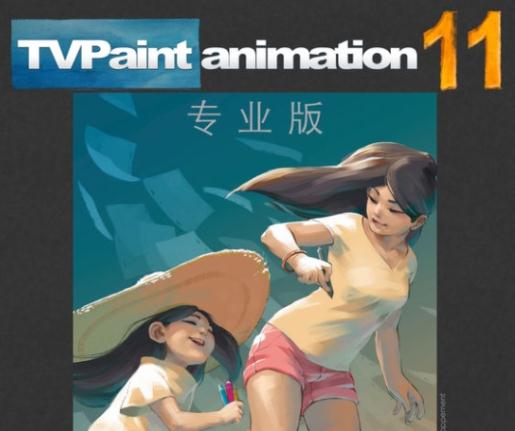

These assignments led students to experience mental difficulties and to resolve the difficulties, including resolving their implicit biases through critical reflection. In more recent studies of prospective medical student teams in a Medical Humanities course, we also asked the teams to select and perform community service. Such values can be applied when students reflect on real experiences, but how are the values put in motion when experiences are dampened by a pandemic and largely remote learning? For example, we cultivated more compassionate behavior in teams of pharmacy and medical students who performed service-learning, but do these results change when personal contact is largely precluded? It was suggested that compassion can be “animated” by humanitarian principles, including accountability, excellence, responsibility, altruism, integrity, and regard for other people. Healthcare professional trainees should learn to grow their compassion, because more compassion likely increases patient well-being and reduces provider burn-out.

Conclusions: Compared to previous years, the pandemic and remote learning had minimal effects on the benefits of our Medical Humanities course. Most students concurred that “unconscious bias might affect some of (their) clinical decisions or behaviors as a healthcare professional” and vowed to remain aware of these biases in clinical settings. In written reflections, they reported how their compassionate behavior also grew owing to bias mitigation.

Results: Both RC and empathy scores increased in students after they reflected on difficulties in communication, unconscious biases, and team service-learning experiences in the course.

Students also completed surveys about their implicit biases and team community service in December 2020. However, would these gains occur when intimate classroom settings, in-person team meetings, and direct interactions with people served were lost owing to the COVID-19 pandemic and remote learning? Methods: Before an online Medical Humanities course began in August 2020 and following the course in December 2020, 61 prospective medical students (54.1% female) completed reliable surveys of their reflective capacity (RC) and cognitive empathy (compassion). Introduction: We reported previously that when teams of students reflect on readings about communication, unconscious bias, and service-learning, their critical reflection, implicit bias mitigation, empathy, and compassionate behavior all increase.


 0 kommentar(er)
0 kommentar(er)
